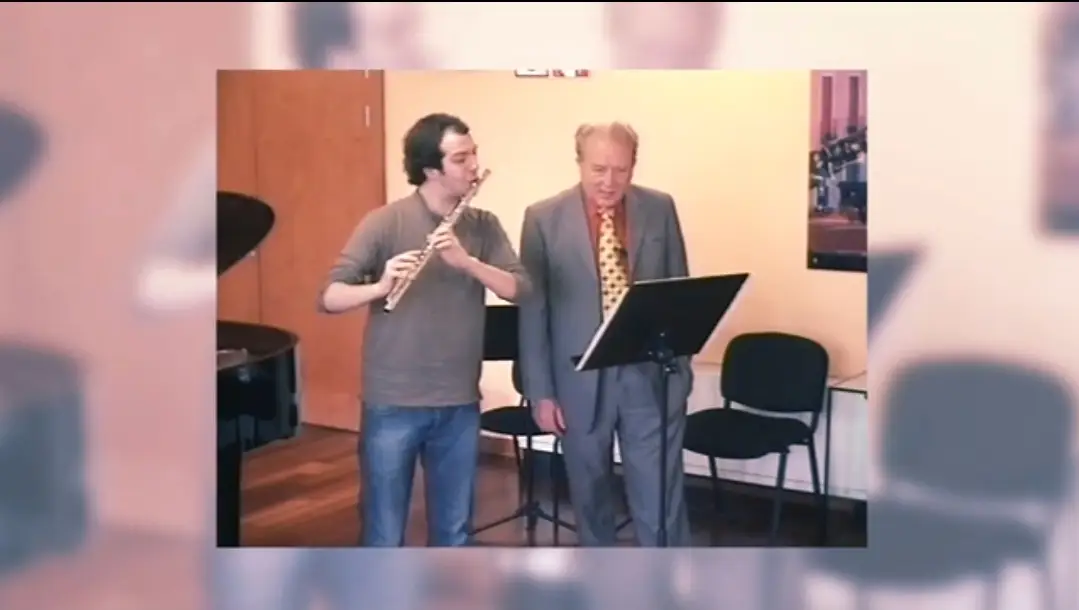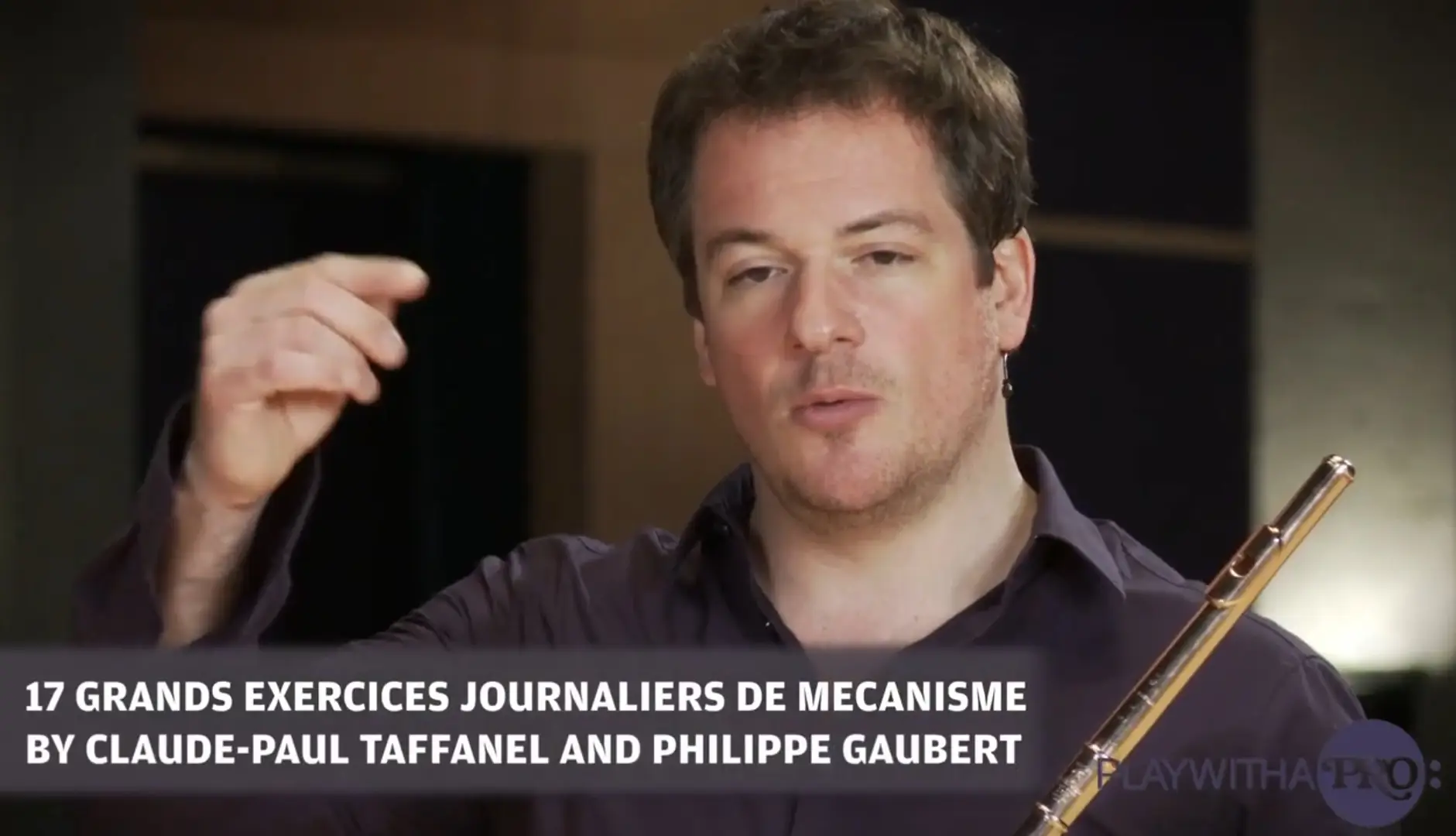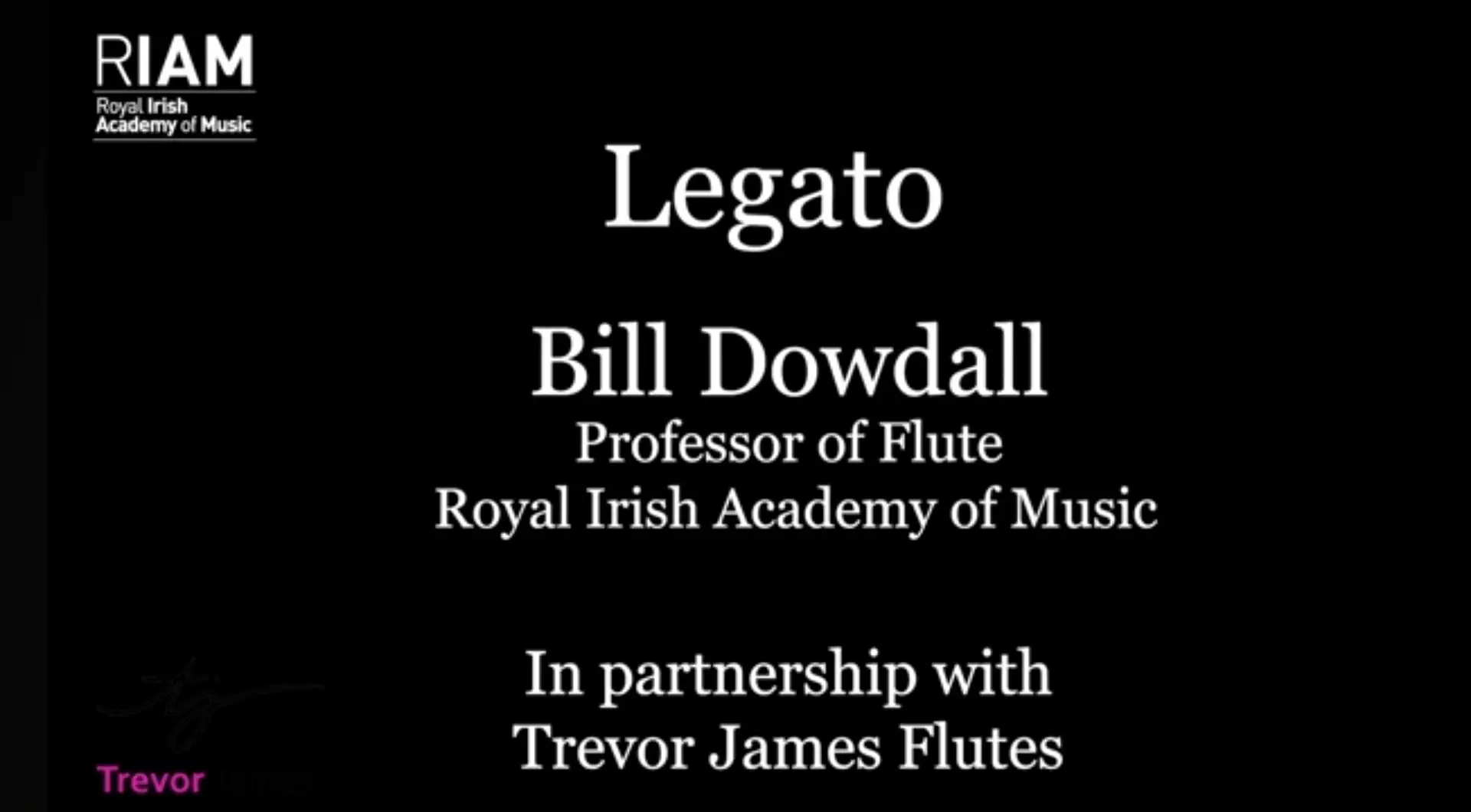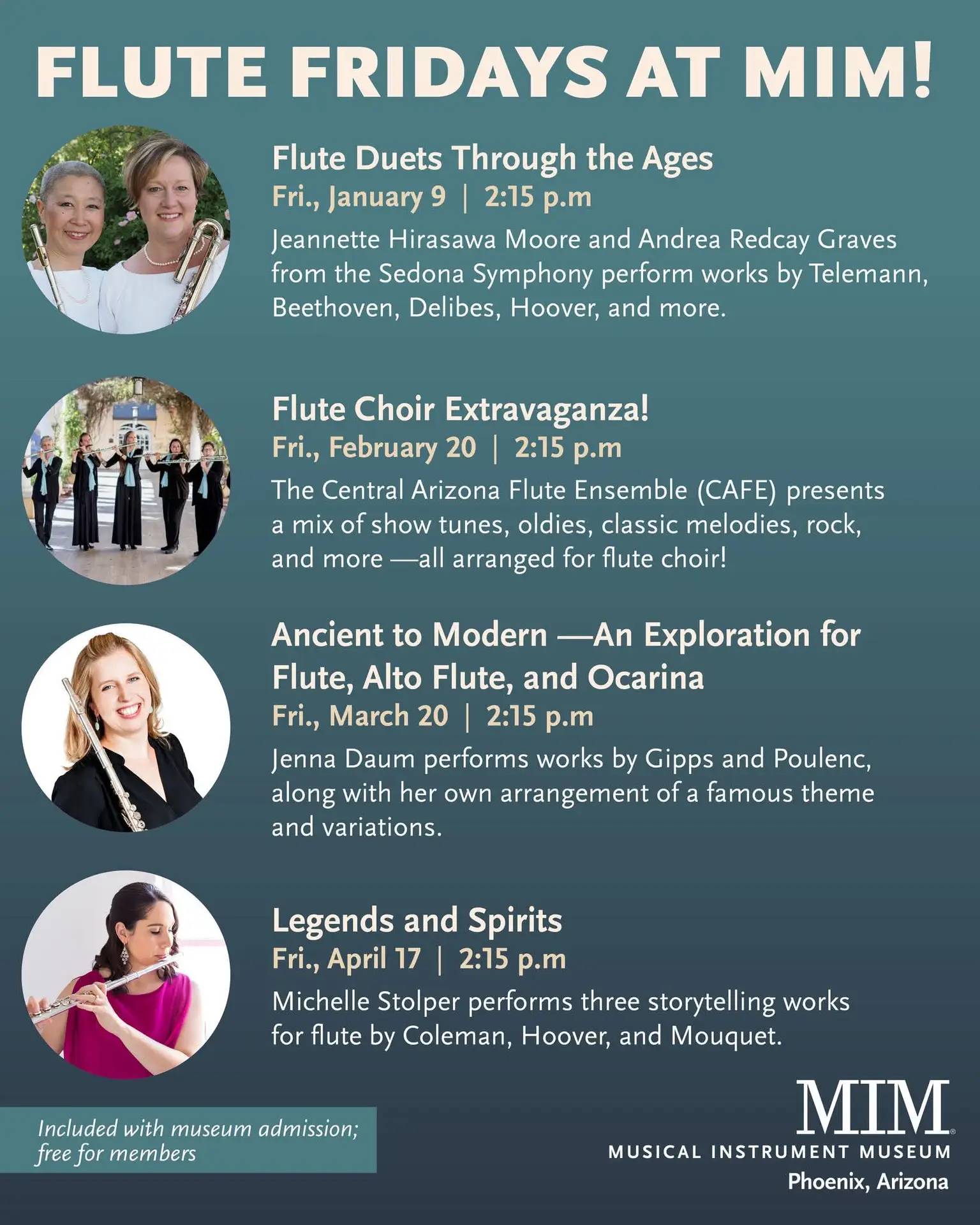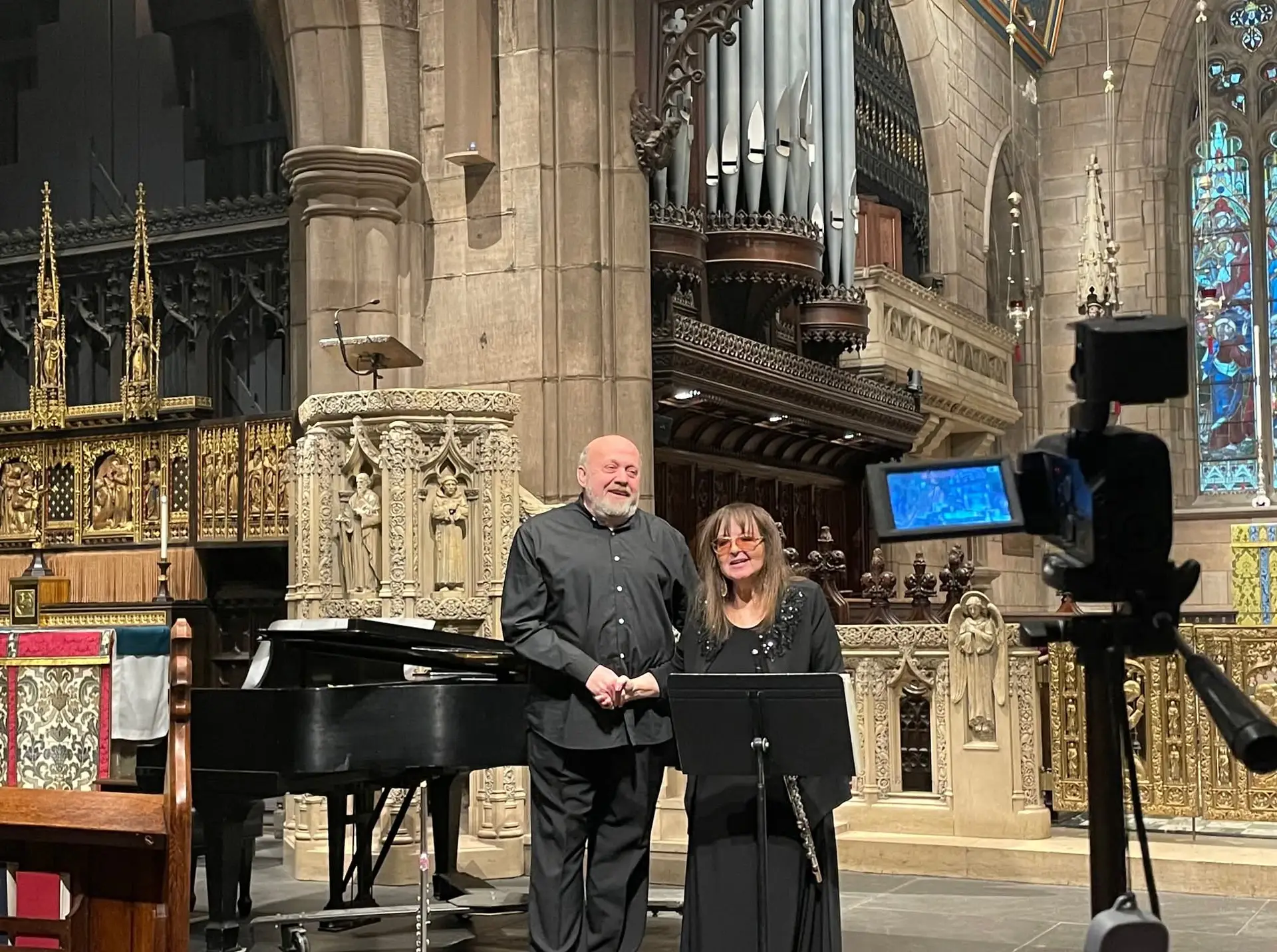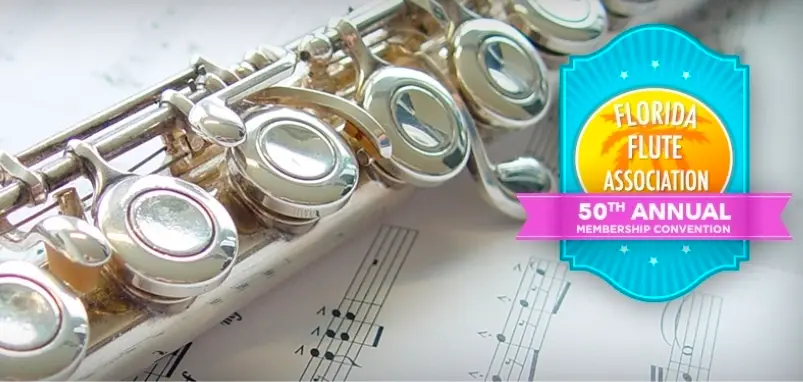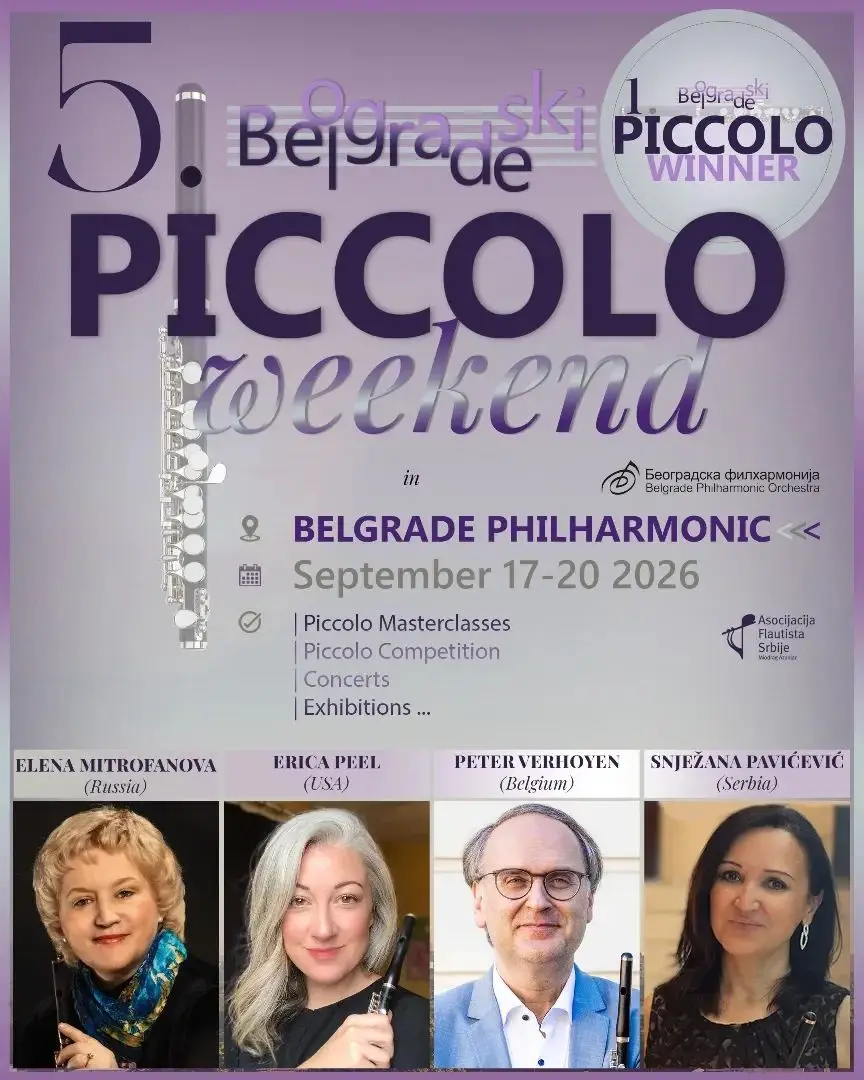In these three videos from 1978, you’ll experience Rampal’s unparalleled artistry and pedagogical insights.
Whether you’re a musician, a student, or simply a lover of classical music, these videos offer a unique glimpse into the brilliance of one of the greatest flutists of all time.
Part 1
Part 2
Part 3
Jean-Pierre Rampal
Jean-Pierre Louis Rampal (January 7, 1922 – May 20, 2000) was a renowned French flutist who revolutionized the instrument’s place in modern music. After World War II, Rampal played a key role in revitalizing Baroque flute compositions and inspired contemporary composers like Francis Poulenc to create new works that have become staples in the flute repertoire. Despite being the son of a flute teacher, Rampal initially pursued a medical career, studying at Marseille Medical School. During the war, he was conscripted into a German labor camp but later escaped to join the French Resistance in Paris.
Rampal’s formal musical education began at the Paris Conservatory, where he distinguished himself by winning its prestigious competition. His professional career took off with the Vichy Opéra orchestra (1947–51) and later as the principal flutist at the Paris Opéra (1956–62). In 1968, he joined the faculty of the Paris Conservatory, further shaping the future of flute performance. Rampal was deeply committed to chamber music, founding the French Wind Quintet in 1945 and the Baroque Ensemble of Paris in 1953.
Alongside his international concert tours, Rampal was a prolific editor of Baroque music and took up conducting in his later years. His extensive recordings and authentic interpretation of 18th-century music earned him widespread acclaim, admired for his smooth, articulate tone and nuanced expressions. Composers André Jolivet and Francis Poulenc wrote works specifically for him. Rampal’s autobiography, Music, My Love, was published in 1989, offering insights into his remarkable life and career.

